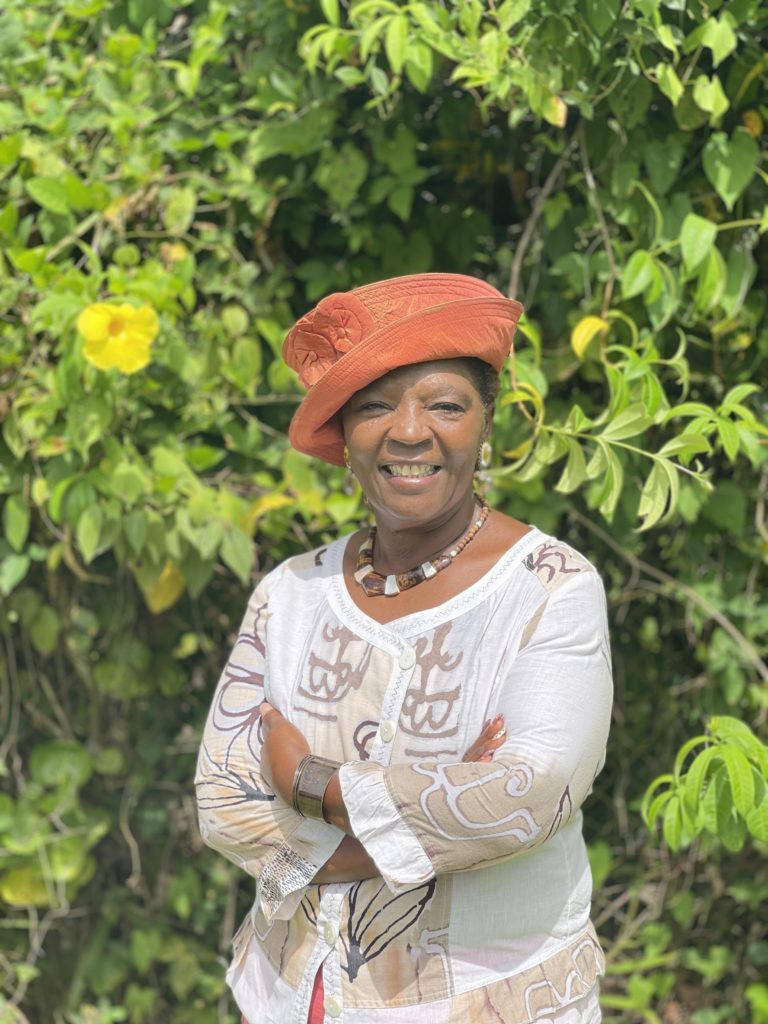
Every year the Maritime Economy Conference is a chance for professionals from the maritime sector to get together and discuss development strategies and plans for the future of the industry. At the last conference, which took place in Nice from 14 to 15 September 2021, the French Maritime Cluster put the focus on overseas territories.
Alongside Tearii ALFA, French Polynesia’s Minister for the Blue Economy, the president of the Guadeloupe Maritime Cluster (CMG), Ms Marie-Laure CIPRIN, spoke at the round table on “Overseas perspectives: what are the best maritime options for our young blue economy workers?“.
Marie-Laure CIPRIN gave a recap of the history of these territories, explaining how this gave their populations a very different relationship with the sea. Polynesians are seafaring people, whereas for people in the French Antilles, the sea is a reminder of the slavery of the past. This legacy lingers in the French Antilles and represents an obstacle in the memory, and thus for the future. This obstacle is starting to be removed because mentalities are gradually changing and the people of the French Antilles are beginning to take ownership of this maritime heritage.
How can young people be attracted into the maritime sector? : Marie-Laure CIPRIN believes it is important to spread information to help young people to learn about the sea and the jobs related to it. That, indeed, is one of the main missions of the maritime clusters in the French Antilles. The Employment Hub drew up a list of no less than 900 trades or professions directly or indirectly linked to the sea.
She points out that before undertaking any meaningful actions, an inventory of the blue economy in Guadeloupe had to he performed. This work was conducted in 2019 by Guadeloupe’s Ministry for Maritime Affairs in tandem with the CMG, the Guadeloupe regional authority and operators from the sector. The results highlighted opportunities and hindrances with regard to developing maritime and marine business in Guadeloupe.
Investing in training and research & development would have a direct impact on other maritime segments, especially ship repairing and sustainable development.
This study showed the archipelago’s strategic potential not just for ship repairing but also shipbuilding and ship breaking. Guadeloupe has an ideal position in the Caribbean for the ship repair market. In addition, the development of a ship breaking market could be boosted by the consequences of the intense cyclones that our islands suffer.
It is important these days to factor the environmental aspect into any development project. The CMG believes that the French Antilles can become significant players in this regard. The CMG is also convinced that with a lot of work the area could become an attractive Caribbean destination for eco-tourism by 2030. The CMG promotes this vision along with the Maritime Affairs authorities, the Guadeloupe National Park, the DEAL and the Guadeloupe regional authority.
The pandemic had a big impact on tourism and, during lockdown, nature reasserted itself. This period also led CMG members to develop thoughts on the issue of: “How to combine the blue economy and environmental protection “. CMG’s answer was to put forward an experimental project with maritime eco-platforms in the Grand Cul-de-Sac Marin in an effort to reduce pressure on the small islands. The CMG hopes this idea will come to fruition so that we can roll it out on a wider scale and share our experience with our Caribbean neighbours.







